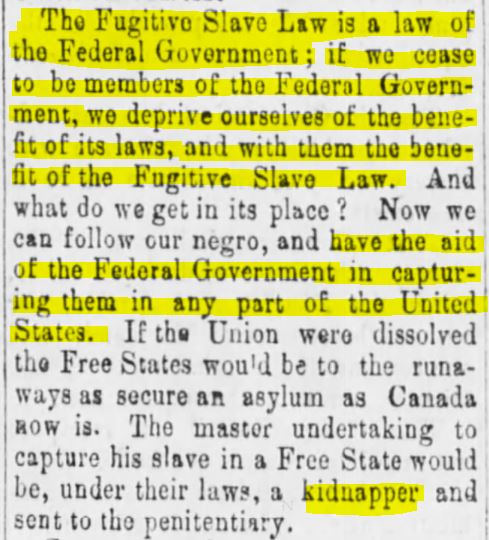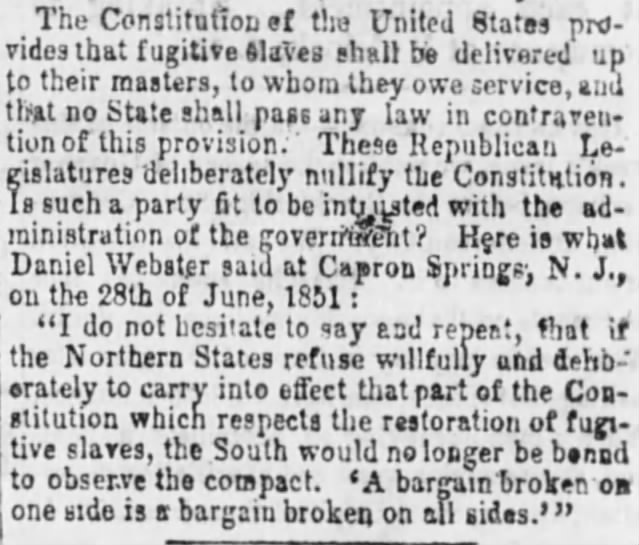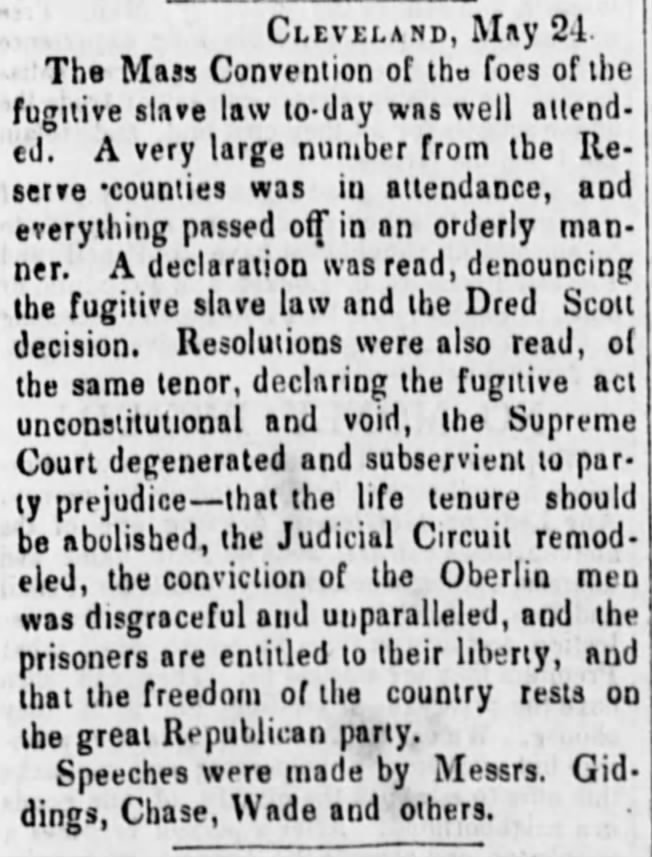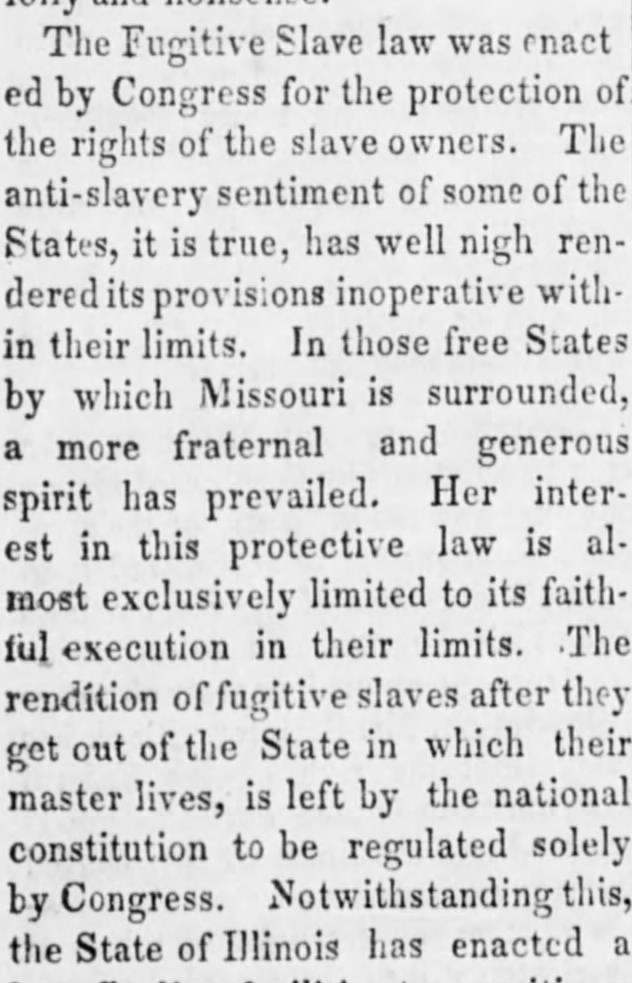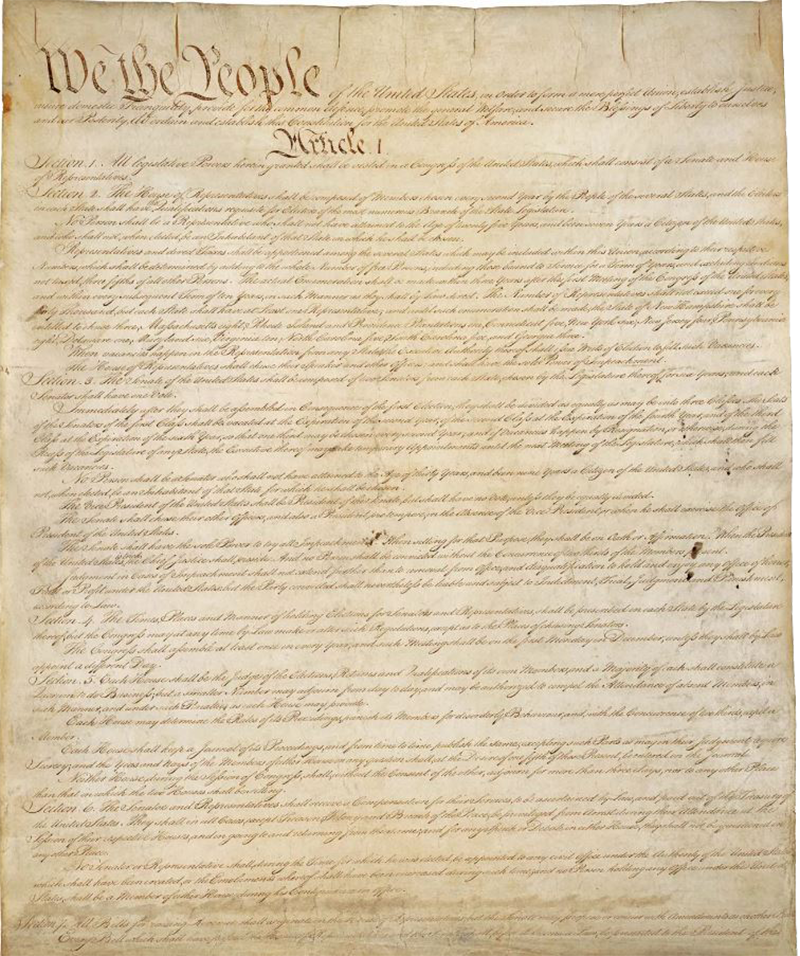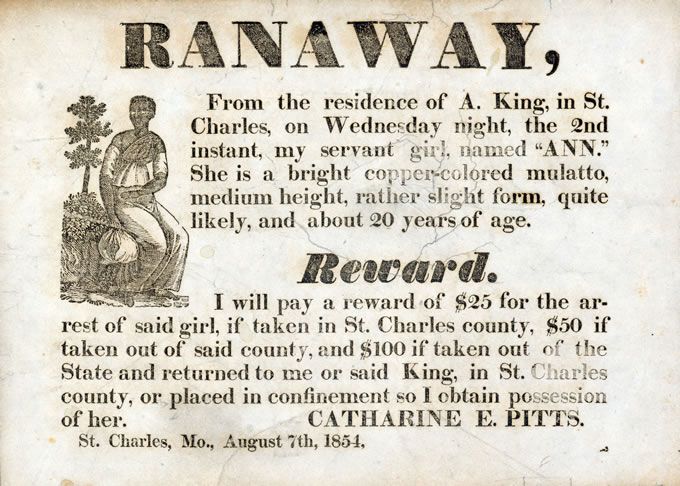
The Fugitive Slave Law of 1850: A Dark Chapter in Randolph County Missouri History
In 2024, the call for reparations reverberates louder than ever, exposing the truth. Whether termed “restitution” or otherwise, the message remains clear: the federal government must rectify its crimes against humanity. It’s time to restore the rights stripped from copper-colored, so-called “Black” Americans. Land grabs, reclassification, and written laws facilitated this subjugation. Throughout history, laws were weaponized against them. Randolph County’s newspapers chronicled slavery’s horrors and a specific law enabling capture and return of escapees. It’s a stark reminder of systemic oppression. As revelations unfold, it’s imperative to acknowledge and address past injustices. Join the discourse, advocate for justice, and ensure historical truths are upheld.
The first law enacted in 1793 enforced Article IV, Section 2, of the U.S. Constitution.
The Citizens of each State shall be entitled to all Privileges and Immunities of Citizens in the several States. A Person charged in any State with Treason, Felony, or other Crime, who shall flee from Justice, and be found in another State, shall on Demand of the executive Authority of the State from which he fled, be delivered up, to be removed to the State having Jurisdiction of the Crime. [No Person held to Service or Labour in one State, under the Laws thereof, escaping into another, shall, in Consequence of any Law or Regulation therein, be discharged from such Service or Labour, but shall be delivered up on Claim of the Party to whom such Service or Labour may be due.] (This paragraph has been superseded by the Thirteenth Amendment.)
The Fugitive Slave Law of 1850 was enacted as part of the Compromise of 1850 because of the growing tensions between the North and South over the issue of slavery. Instead of easing these tensions, it appeared that the law made things worse, and was said to have contributed to the outbreak of the Civil War. By the mid-19th century, the practice of slavery had become a deeply divisive issue in the states, with folks in the North advocating to end the imprisonment of so-called “Blacks”, and slaveholders in the South (to include Missouri) who had the nerve to fight for the right to practice slavery. The Fugitive Slave Law of 1850 included several provisions designed to strengthen the institution of slavery, and to encourage Northern states to cooperate in the capture and return of those who made it to their territories.
The constitution was not written to include the human rights of immigrate slaves and prisoners of war, but appears to be written to regulate enslavement practices, and to restrict the rights of those being enslaved. Many of the copper colored or “Blacks” who were already in the Americas, were either encouraged, tricked, or forced into becoming a citizen of a foreign entity called “The United States Government”.
Fourteenth Amendment (1868) Section 1: All persons born or naturalized in the United States, and subject to the jurisdiction thereof, are citizens of the United States and of the State wherein they reside.
The key word is “subject to”, and here is the definition according to Dictionary.com;
1. being dependent or conditional upon something (usually followed by to):
2. being under the necessity of undergoing something (usually followed by to )
“All persons born or naturalized are subject to ….”
The main key provisions found in the Fugitive Slave Law are:
- Federal commissioners, appointed by the U.S. government, were granted the authority to issue warrants for the arrest of alleged fugitive slaves. These commissioners were tasked with adjudicating cases involving alleged fugitive slaves, often relying solely on the testimony of slaveholders or their agents to establish a person’s status as a runaway.
- Exploring the aspects of the Fugitive Slave Law of 1850 shines a broader light on how the federal authority perpetuated systems of oppression and injustice. It highlights the reality of both governmental institutions and individual citizens who worked collectively in upholding laws that dehumanized and exploited indigenous and African communities. The exclusion of the Fugitive Slave Law from America’s history books is just one example of many historical facts overlooked or omitted. This is why restoration seems to be the better term for restoring a people to their original state, to include returning lands and distributing funds for compensation.
It is evident from historical articles about the Fugitive Slave Law that the U.S. government played a significant role in upholding the institution of slavery. This means that those who govern over us today, have an inherited history of atrocities against the copper colored or so-called “Black” indigenous of America that has never been addressed nor rectified.
A legal obligation was imposed on citizens to assist or participate in the capture and return of fugitive slaves. Regardless of their personal beliefs or moral convictions, citizens were required to aid in the enforcement of the Fugitive Slave Law, even if an individual considered it unjust and inhumane. Failure to comply with this mandate could result in severe penalties, including fines and imprisonment.
